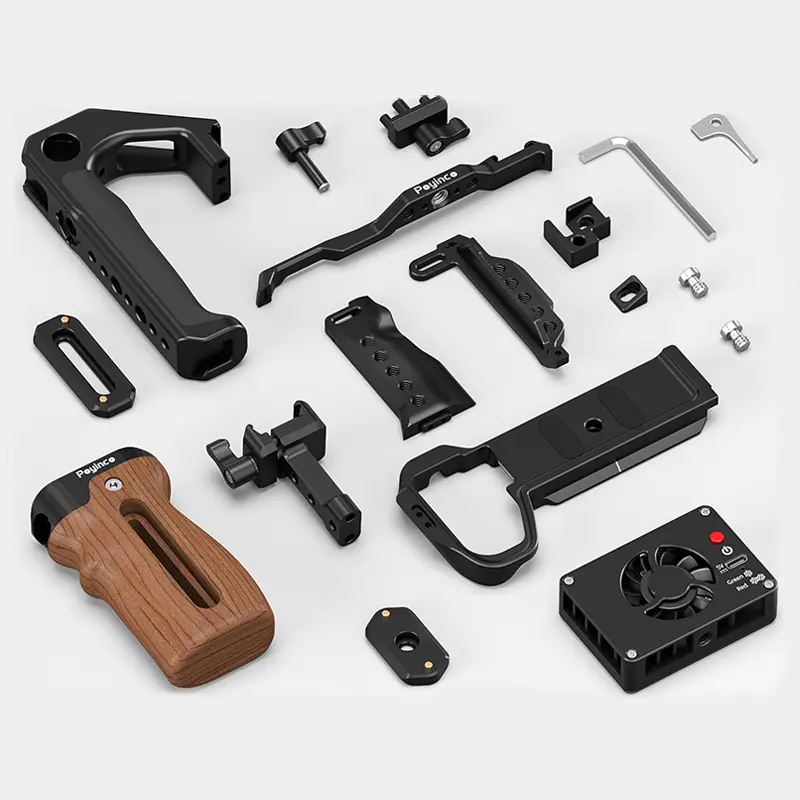

Time:2025-05-08 Views:1

Precision CNC (Computer Numerical Control) machining represents the pinnacle of modern manufacturing technology, enabling the creation of components with extremely tight tolerances and unparalleled accuracy. This advanced machining process utilizes computer - controlled machine tools, such as milling machines, lathes, and grinders, to precisely shape and finish a wide variety of materials, including metals, plastics, and composites.
At the heart of precision CNC machining is the ability to convert digital design data, typically in the form of CAD (Computer - Aided Design) models, into precise machining instructions. The CAD model is first analyzed and broken down into a series of toolpaths by CAM (Computer - Aided Manufacturing) software. These toolpaths dictate the movement of the cutting tool, the speed at which it operates, and the depth of cut, ensuring that every aspect of the machining process is meticulously controlled.
The precision achievable in CNC machining is remarkable. Tolerances as tight as ±0.001 mm can be consistently maintained, making it ideal for applications where dimensional accuracy is critical. In the aerospace industry, precision CNC machining is used to produce engine components, turbine blades, and structural parts. These components must meet exacting standards to ensure the safety and efficiency of aircraft. For example, turbine blades require complex geometries and precise surface finishes to withstand high temperatures and aerodynamic forces during operation. CNC machining allows manufacturers to produce these components with the required precision, ensuring optimal performance.
In the medical device industry, precision CNC machining plays a vital role in creating implants, surgical instruments, and diagnostic equipment parts. Implants, such as hip and knee replacements, need to be manufactured with extreme precision to ensure a proper fit within the human body and to minimize the risk of complications. CNC - machined surgical instruments, on the other hand, require sharp edges and smooth surfaces for precise and safe operations.
The use of high - quality cutting tools and advanced machine control systems further enhances the precision of CNC machining. Modern CNC machines are equipped with high - speed spindles, high - resolution encoders, and advanced feedback systems that continuously monitor and adjust the machining process. This real - time control ensures that any deviations from the desired specifications are immediately corrected, resulting in components of the highest quality. Precision CNC machining not only enables the production of complex and high - performance components but also drives innovation across various industries by pushing the boundaries of what is possible in terms of design and manufacturing precision.
Read recommendations: